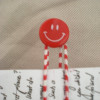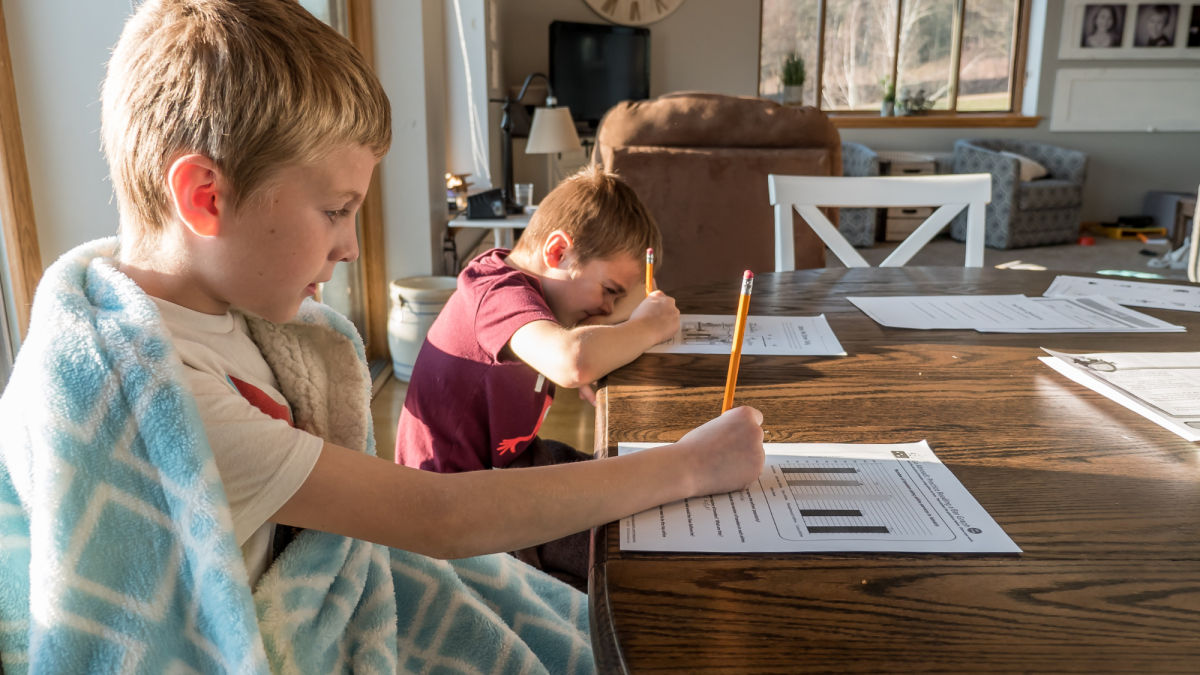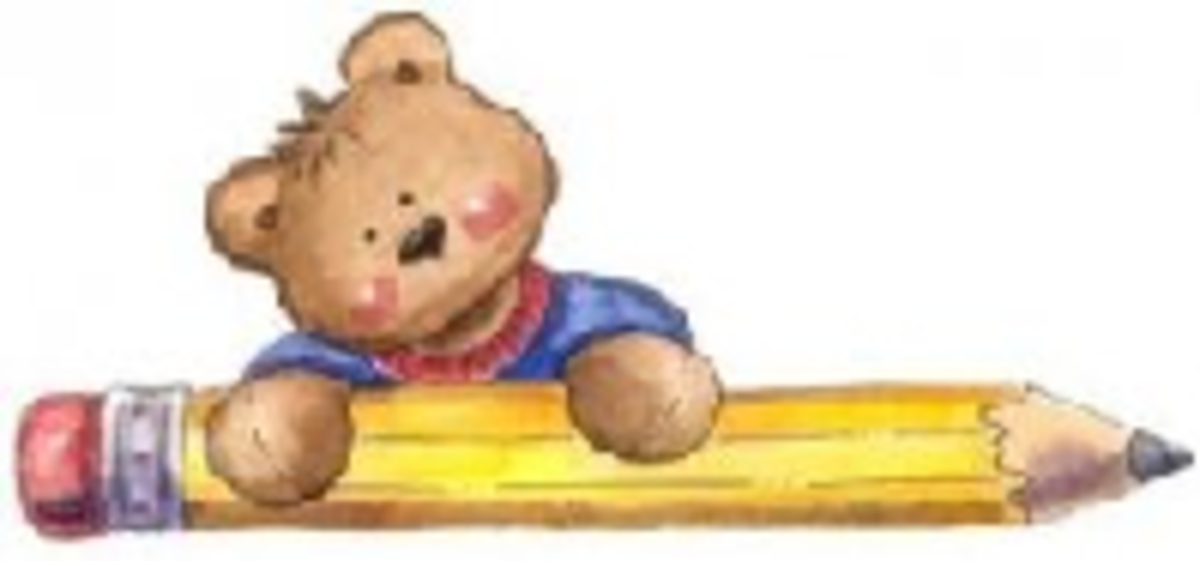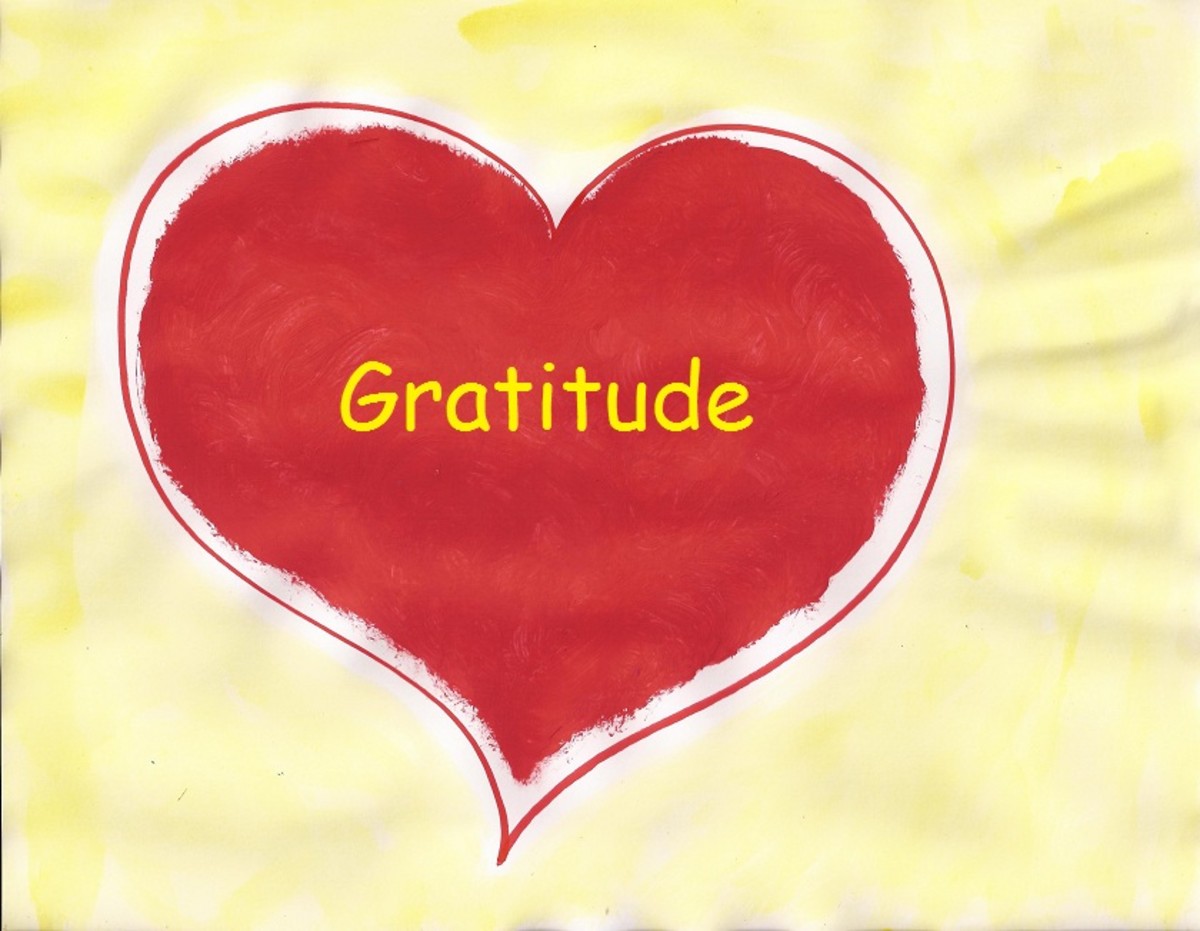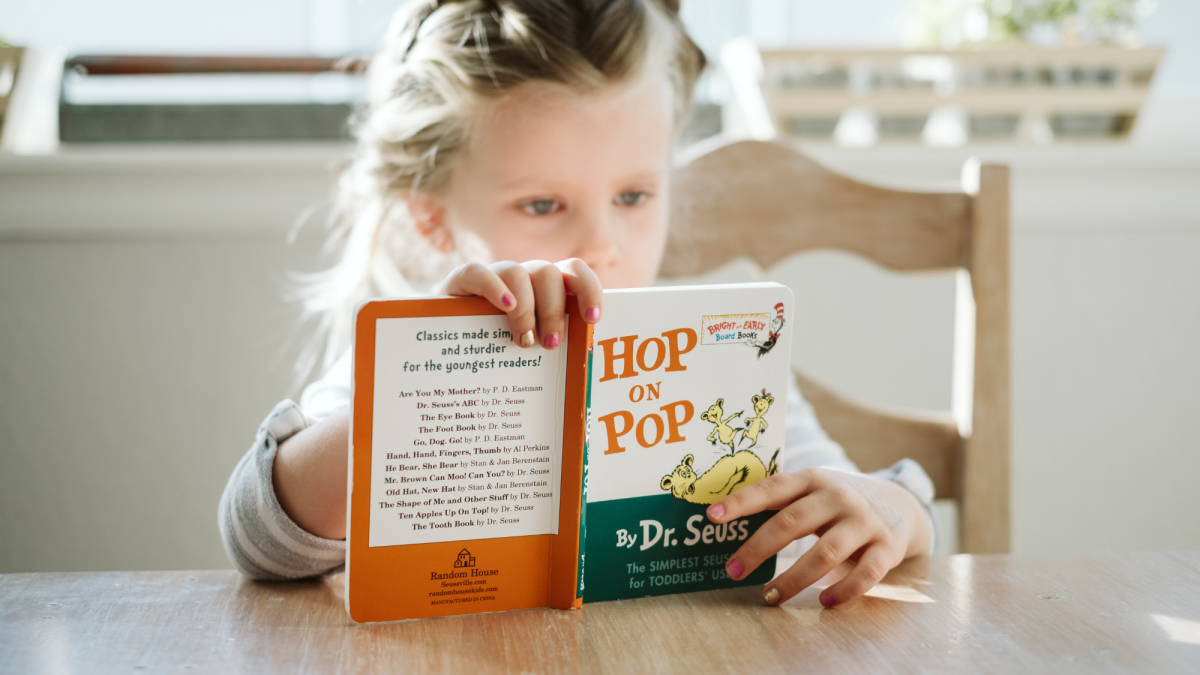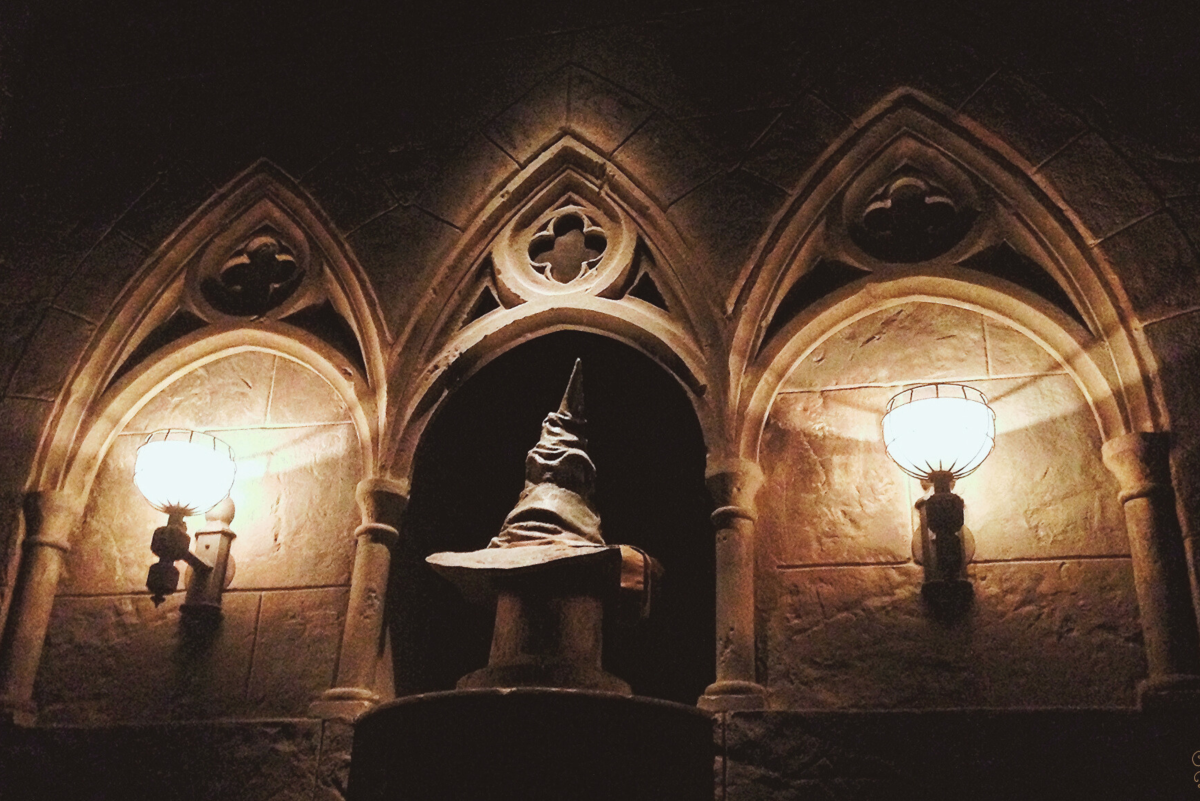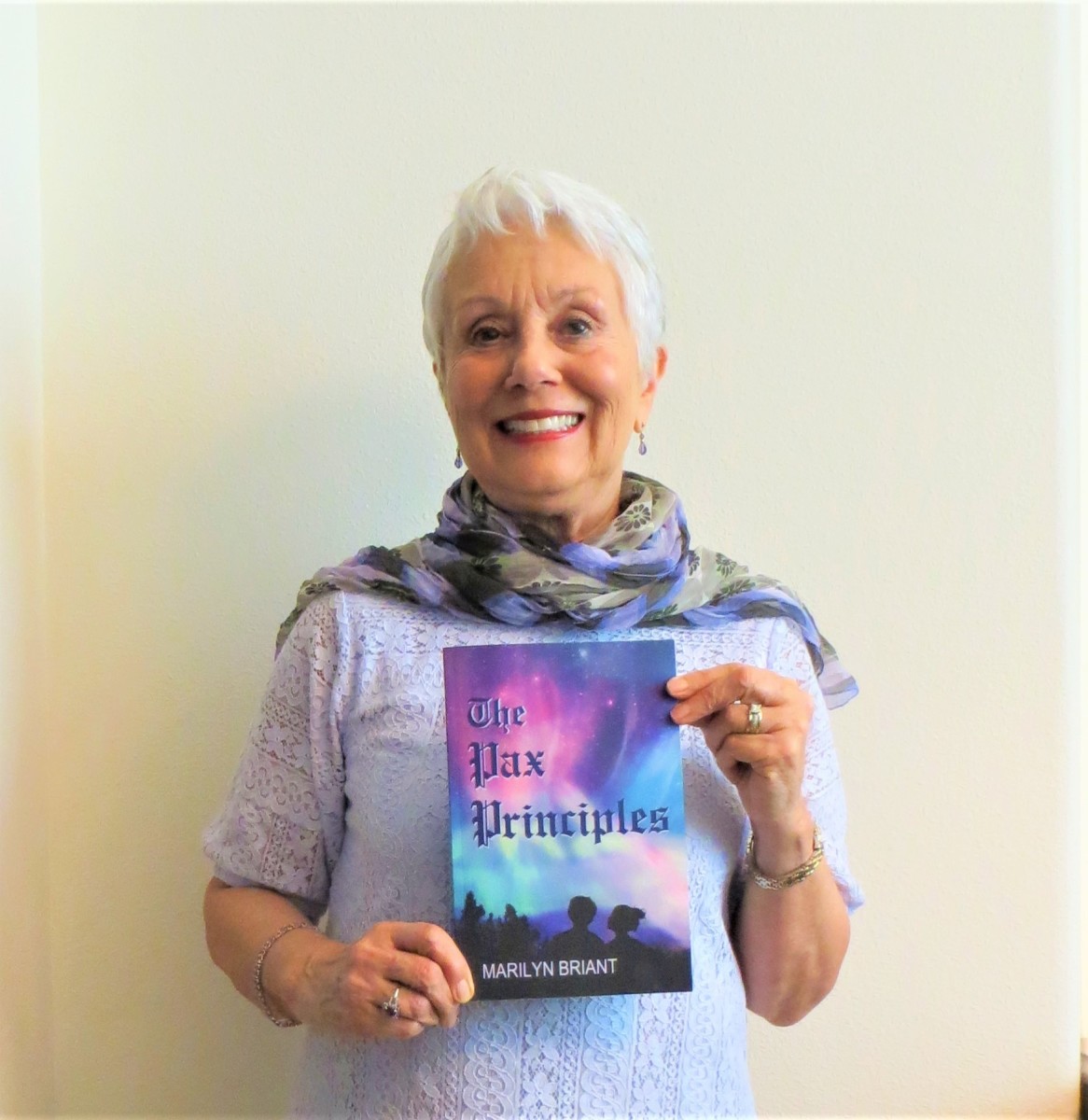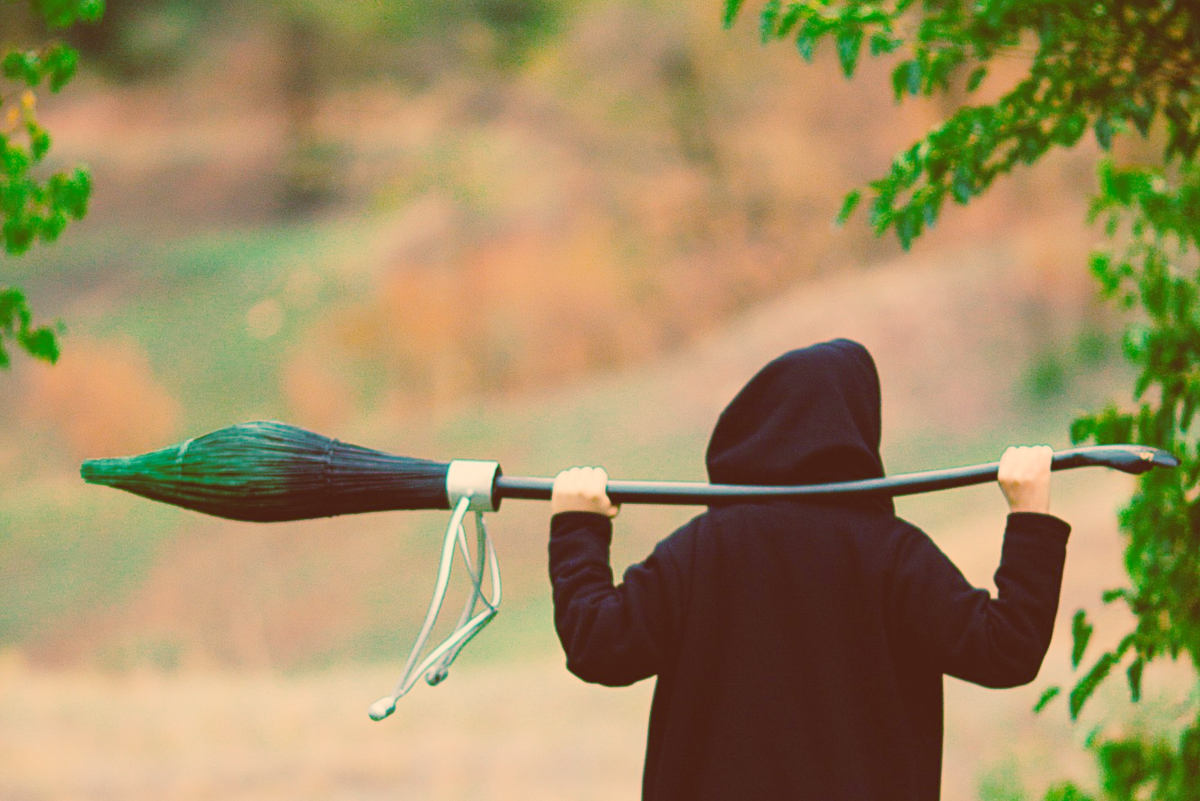Beautiful Child by Torey Hayden
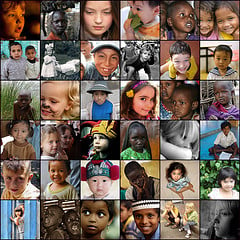
"It is also my opinion that this is the way to good self-esteem. We feel better about ourselves when we behave in ways that make others respond positively toward us. We feel better about ourselves when we have a sense of being in control of ourselves. Self-esteem doesn't always come about by people always telling you good things about yourself. How would all these good words even carry any weight, unless you knew the same people would also tell you not so good things about yourself when the need arose? Self-esteem isn't passive. It's active. It comes from mastering your world, from being competent and in control. And how can you achieve those things if people do not help you learn the behaviors involved?" -Torey
Do you feel for children who bear difficulties that seem to be too much at their age? Are you intrigued how they are able to cope and make the most out of the complications arising from families, for instance? Are you not happy to see them grow and become independent after the hardships? This book may pluck a sensitive chord in you or demand maturity on your part as its reader.
It is a family-relationship read revolving around main characters Torey, a Biology graduate, but who finds herself teaching developmentally challenged children like Venus Fox instead. Venus, the one who is called the beautiful child, apparently is a daughter of eldest Wanda, whose mother is Teri, who gave birth to seven more children to three different fathers. Their fathers have terrible rich backgrounds: drug dealer, robber, pedophile, abuser, or alcoholic. Besides being an alcoholic and a drug user, Teri is a prostitute.
Two opposing forces dictate the main struggle in the story. First, Venus, having been exposed to an apathetic environment at home, becomes so repressive she does not talk to anybody at school much more respond to her teacher Torey. Second, Torey, being a teacher, wants Venus to learn, to be better, and to be able to cope with the rest of the students just like what any normal kid does. It is Torey's struggle to give Venus a supportive environment, while Venus, fragile as a child can be, is torn apart between being loved and unwanted right back home.
The plot makes me hate some adult characters for sure because of what they do but there is no point judging them point blank. It makes me consider maybe they are also victims of the circumstances. It does not help at all to blame them. What stands out far more to me than spite is to accept that grave mistakes are committed, and there are heavy consequences right after. Besides the message of acceptance relayed in the book, there is also a spark of hope. There are people who are skilled and willing to help children like Venus.
It is no wonder why Torey does not know at first there is something going on outside school although she senses it. She tries to put a balm of care and understanding somewhere between Venus' innocence and vulnerability.Her sensitivity, attention, and patience contribute to Venus' progress. Subtle progress they are, such as saying yes, dancing, walking, and choosing what books to read. These baby steps take place very, very slowly, eating up a lot of time during class break, and they are signs Venus is responding even when she only shows them to Torey. Tactile communication plays a part. It turns out there is hope for this beautiful child.
More than a teacher, Torey becomes a second mother to Venus, a personal attachment she does not have with the rest of her students Billy, who is hyperactive and impulsive; twins Shane and Zane who acquire a fetal alcohol syndrome (FAS); Jesse who has Tourette's syndrome; and a visiting student, Alice, who talks to her hand named Mimi.
But it is never an easy task having all these children in the same classroom. Billy, Shane, Zane, and Jesse put up a fight, it doesn't matter who starts what. Venus suddenly goes wild at times hurting students, as if there is a wolf hiding inside her. It is the repression that makes her put up defenses most of the time and when she feels threatened, she gets physical.
Personally, even Torey gropes in her relationship with Julie, her teacher support supposedly for the whole year. Julie reads Torey's actions opposite of what she intends, but then, Torey thinks it may have been that way, although not exactly. Julie is as patient as a saint; giving time to children to adjust is for her giving them some space to breathe knowing they have been through a lot. Torey, on the other hand, is not the passive type. Her philosophy is to let her students know what is wrong and show them the consequences of it. At one point, their argument touches on children's values and self-esteem, and both deliver insightful reasons.
For the most part, Julie and Torey perform their classroom duties while coping with that subtle hostility between them. Then they can’t take it anymore. Julie transfers to another school. They have different philosophies in teaching and understanding children. As a reader, it makes me choose which teaching mode is applicable when it is my turn to set limits whether I am a teacher, a mother, or both.
Do Torey's teaching strategies and philosophies work? Yes, they do. There is less fighting among Billy and cohorts .They learn order and discipline along the way. At the end of the school year, Venus, the beautiful child, writes to Torey she is happy.
